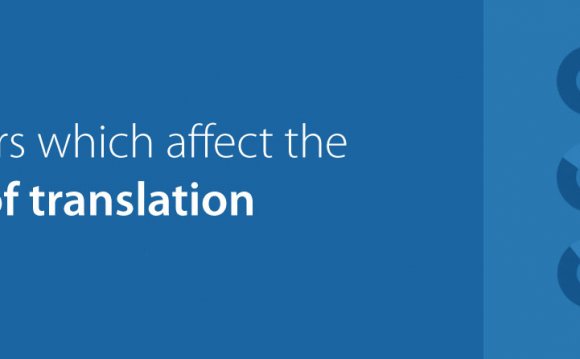
Certification means that an interpreter or translator has been tested by a government or professional institution with certifying authority, using a statistically valid, professionally designed exam, or another clearly defined method, and has demonstrated a minimum level of professional competence in interpreting or translation.
While private agencies and educational institutions may issue certificates to interpreters or translators, this is not equivalent to court interpreter certification. There are only three recognized sources of court interpreter certification for spoken language interpreters: the state courts, the federal courts, and NAJIT. Sign language interpreters are certified by the Registry of Interpreters for the Deaf.
NAJIT offered a rigorous certification exam from 2001 to 2012, but this certification program was discontinued, as certification became available through the state courts across the country. For more information on the history of this program, visit .
State Court Certification
All fifty states are members of the National Center for State Courts (NCSC), and have access to statistically valid, performance based, court interpreter certification exams through the Council of Language Access Coordinators (CLAC), which is housed in the Language Access Services Section (LASS) of the NCSC. Currently, there are certification exams available for 13 languages. For more information, visit .
In addition, individual states may offer interpreting credentials in other languages. Please check with the court interpreting program in your own state to obtain further information: Language Access Programs by State.
State court interpreter certification is not currently recognized as a valid credential at the national level, as it is subject to reciprocity requirements that vary by state.
Federal Court Certification
The federal courts offer a statistically valid, criterion referenced and performance based court interpreter certification exam for Spanish language interpreters. In the past, the federal courts also certified Navajo and Haitian Creole interpreters. Federal court interpreter certification is recognized as a valid credential at the national level by both state and federal courts. For more information, visit .
The Registry of Interpreters for the Deaf
The Registry of Interpreters for the Deaf (RID) offers a generalist certification for sign language interpreters as well as a specialist certification in legal interpreting. The National Consortium of Interpreter Education Centers (NCIEC) has best practice information for American Sign Language interpreters working in legal and quasi-legal settings.
The American Translators Association
The American Translators Association (ATA) offers a generalist translation certification in various languages. ATA's certification does not assess interpreting skills in any way, and is not specifically designed to assess legal translation skills.
MORE TRANSLATION VIDEO












